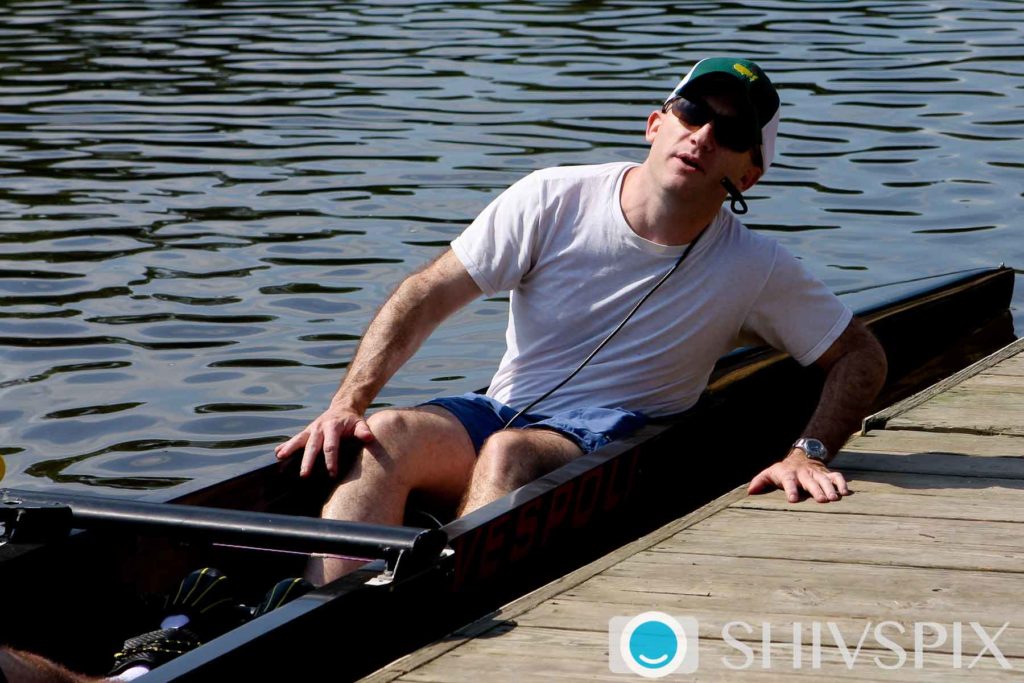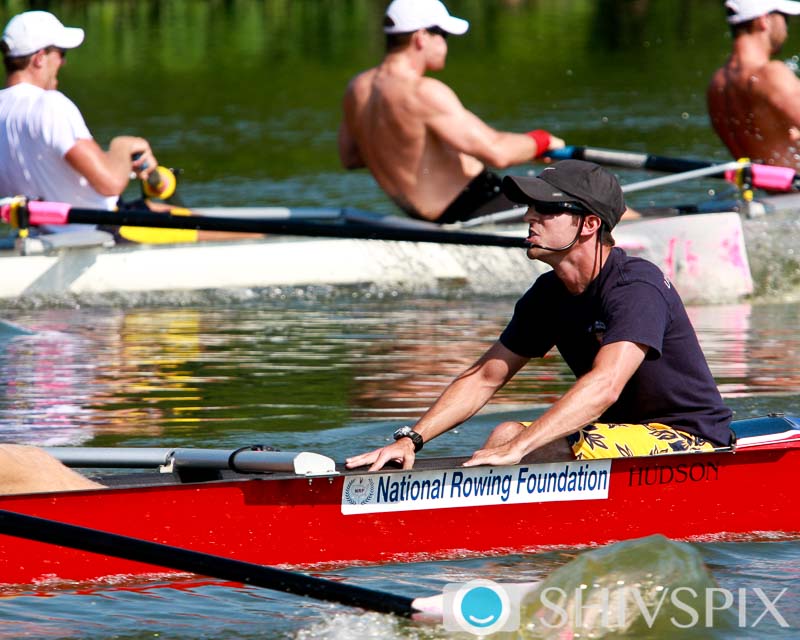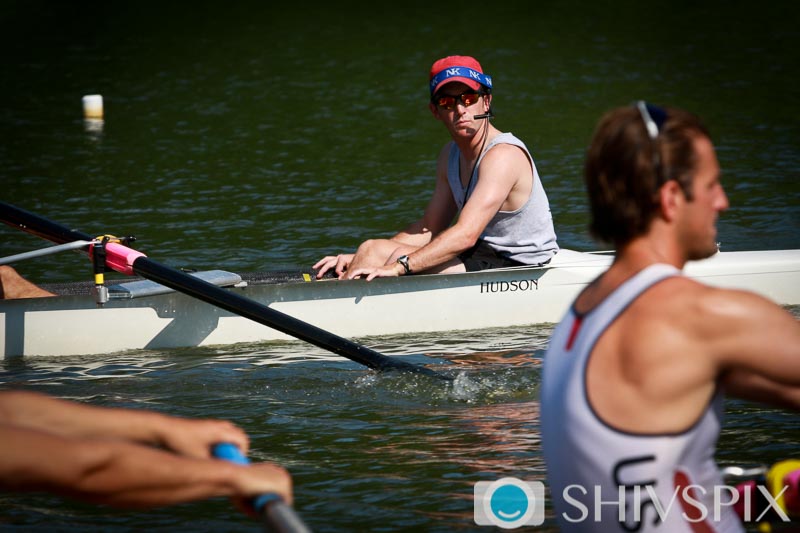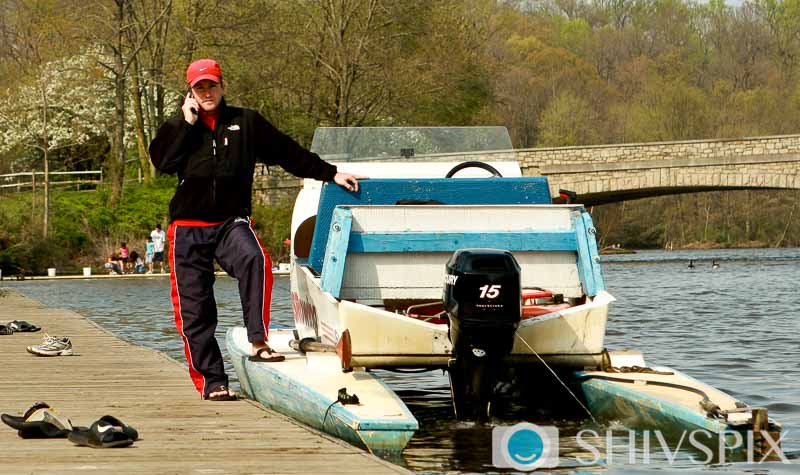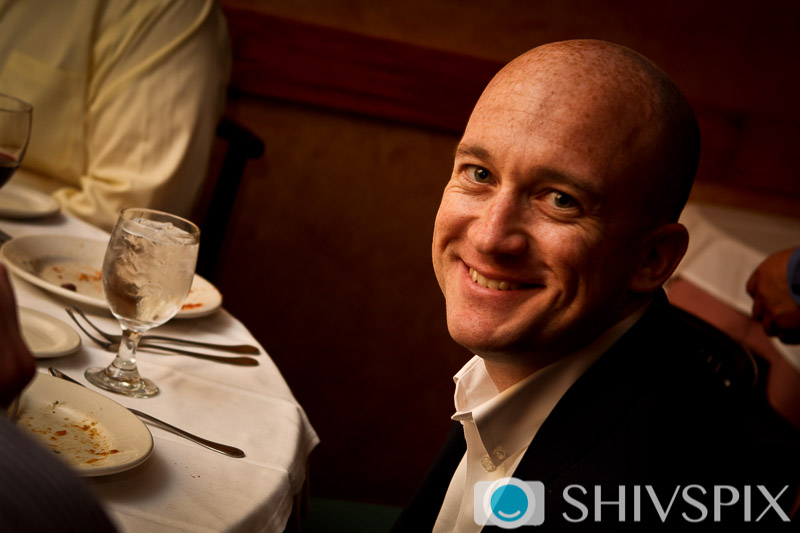“What separates a national team coxswain from a good college coxswain?”
– Jon
“What separated you from the good coxswains and the best? Do you want to cox to please your rowers or plainly to go fast? Thank you!”
– Katie
Jon and Katie,
This is a question my colleagues and I get all the time. Since there is not a magic bullet answer, I am going to turn the question on its head and talk about some attributes of truly great coxswains.
Listen
If we look at ourselves as part translator and part “helper”—as in helping rowers get better and go faster—then it is easy to recognize that listening and learning are the most critical skills for developing coxswains. By comparison, it is easier for rowers because a coach will zoom up and give them specific physical instructions. Coxswains do not receive the same level of detail, but coaches do expect us to figure out why they just told the five-seat to move his hands faster out of bow.
If we are listening, observing and learning, we can eventually piece together what good rhythm is and what it feels like. We know when the rhythm or speed can be improved and we make the calls to get it done. If you can achieve this, then you are now a “Helpful” cox. The rowers will want you in the boat because they get better when you are in there.
It is worth repeating the part about listening. When I first got to national camp, Coach Teti was very clear about what he wanted from his coxswains: above all, go straight and execute the race plan as practiced. If you could not do that, you would get cut, regardless of how many buddies you had in the eight or the size of the donation your uncle made. I cannot tell you how many coxswains came in and ignored his instructions. It was not my job to educate them. I just learned to go as straight as I possibly could. Remember: Listen.
Be honest
This is not that much fun because you have to learn how to deliver bad news and deal with the fact that the messenger occasionally gets shot. (Katie, focus on going fast. The most pleasing thing for competitors is winning, not being happy all the time.) Learn how to say “I don’t know.” If you are honest, the athletes will not look out of the boat to fact check you when you say “we are winning.” They will make technical changes because you say so. If you can achieve this, then you will be a “Trustworthy” cox. The rowers will want you in the boat because they won’t have to second guess you.
Embrace the difficult and boring stuff
Learn to go straight at racing speed. At regattas, know the schedules, traffic patterns and lane assignments, and make sure your crew knows.
Be early to practice and early to the line. If you are a “Proficient” cox, crews will want you because you allow them to focus on cranking, to the exclusion of all else.
Race with composure
One thing I have seen in great coxswains is that their crews win most of their photo finishes. Winning photo finishes—or avoiding them by getting out front—is a tremendous skill where a great cox can have a life-or-death impact on results. If you can keep your wits about you when the racing gets tight, the crew will, too. You will win, maybe more often than others thought you would. If you are a “Composed” coxswain, crews will want you because your teams exceed expectations.
Be a determined teammate
Think about what you can do to help the team win. Ask questions and get feedback from the athletes. Be at weight by exercising, not with stupid diet tricks. If the athletes see that you want to win as badly as they do and you are willing to work harder for it than your competition, they will want you because you are right there with them.
Putting all of these together is what separates the very best from everyone else. Listen. Be helpful, honest, trustworthy, proficient, composed and determined to win. If you can learn to do all of these things at the highest levels, have no fear. The National Team will find you.
– Pete Cipollone
Enjoy reading this? Read the full collection of coxswain tips.
Interested in taking an even deeper look at how national team athletes train and race? Check out The Longest Odds.

Pete Cipollone
Pete Cipollone was a coxswain for the US National Team from 1997-2004. He joined the team after graduating from the University of California, Berkeley, and his career highlights include gold medal wins in the M8+ at the 1997, 1998, and 1999 World Rowing Championships, as well as a gold medal from the 2004 Athens Olympics.
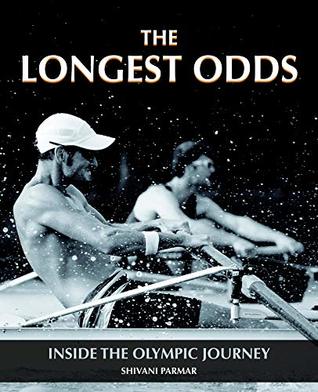
The Longest Odds
Go behind the scenes of the Olympic Journey with The Longest Odds, a photo-documentary that goes inside the Beijing and London Olympic journey of the US Olympic rowing team.
This book illustrates what you do not see on television – it’s a raw look at what athletes go through during their years-long journeys much before anything appears on television.
The Longest Odds allows us to see those highs and lows, the conflicts, joy, exhaustion, elation, fear – and most of all, the bonds of friendship being indelibly forged.
More galleries you may be interested in
Ned DelGuercio Shares Tips on Coxing a 2k
Anything that comes through your microphone should be useful information. Thinking out loud can make you a liability to your crew’s performance.
Marcus McElhenney’s Tips for When You’re Behind
Remember the rowers are listening to you and no matter what the situation you can always take a positive tone.
Losing weight as a coxswain
Team USA coxswain Pete Cipollone shares his thoughts on losing weight as a coxswain

